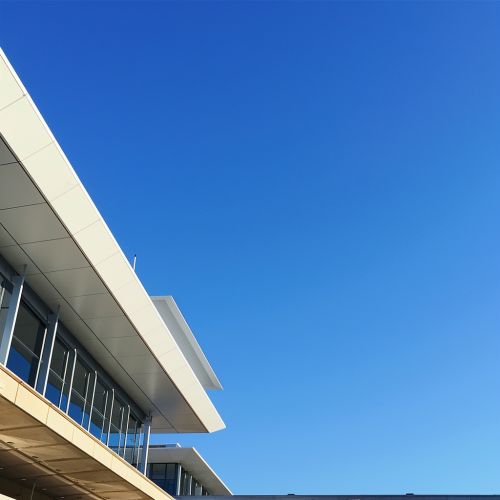Political System
Political System
A political system is a structured set of principles, laws, and practices through which a society organizes and governs itself. It encompasses the mechanisms through which power is distributed and exercised, the institutions that make and enforce laws, and the processes by which leaders are selected and held accountable. Political systems vary widely across different societies and historical periods, reflecting diverse cultural, economic, and social contexts.
Types of Political Systems
Political systems can be broadly categorized based on their governance structures and the distribution of power. The primary types include democracies, autocracies, and hybrid systems.
Democracies
Democracies are political systems in which power is vested in the people, who exercise their authority directly or through elected representatives. Key features of democracies include free and fair elections, the rule of law, the protection of individual rights and freedoms, and the separation of powers among different branches of government.
- **Direct Democracy**: In a direct democracy, citizens participate directly in decision-making processes. This system is rare in modern nation-states but can be seen in local governance and referendums.
- **Representative Democracy**: In a representative democracy, citizens elect representatives to make decisions on their behalf. This is the most common form of democracy in the contemporary world.
Autocracies
Autocracies are political systems where power is concentrated in the hands of a single ruler or a small group. These systems often lack mechanisms for public participation and accountability.
- **Monarchy**: A monarchy is a form of autocracy where a king or queen holds supreme authority, often hereditary. Monarchies can be absolute or constitutional, with the latter having a constitution that limits the monarch's powers.
- **Dictatorship**: In a dictatorship, a single leader or a small group wields significant power, often maintained through coercion and the suppression of political opposition.
Hybrid Systems
Hybrid systems combine elements of both democratic and autocratic governance. These systems may have democratic institutions and processes but also exhibit autocratic tendencies, such as restricted civil liberties and limited political pluralism.
Components of Political Systems
Political systems are composed of various elements that interact to shape governance and policy-making.
Institutions
Institutions are the structures and organizations through which political power is exercised. Key political institutions include:
- **Executive**: The executive branch is responsible for implementing and enforcing laws. It is headed by a president, prime minister, or monarch.
- **Legislature**: The legislature is the law-making body, which can be unicameral or bicameral. It represents the electorate and debates and passes legislation.
- **Judiciary**: The judiciary interprets and applies the law, ensuring justice and resolving disputes. It operates independently from the executive and legislative branches.
Political Parties
Political parties are organized groups that seek to influence government policy and gain political power by participating in elections. They play a crucial role in aggregating interests, mobilizing voters, and forming governments.
Electoral Systems
Electoral systems determine how votes are translated into political power. Common electoral systems include:
- **First-Past-The-Post (FPTP)**: In FPTP, the candidate with the most votes in a constituency wins. This system is used in countries like the United Kingdom and the United States.
- **Proportional Representation (PR)**: In PR systems, seats are allocated based on the proportion of votes each party receives. This system is used in many European countries.
Political Culture and Socialization
Political culture refers to the set of attitudes, beliefs, and values that shape political behavior and institutions. It influences how citizens perceive and engage with their political system.
Political socialization is the process through which individuals acquire political values and knowledge. It occurs through various agents, including family, education, media, and peer groups.
Political Economy
The political economy examines the relationship between politics and economics, focusing on how political institutions and processes affect economic policies and outcomes. It explores issues such as:
- **Economic Systems**: The organization of economic activity, including capitalism, socialism, and mixed economies.
- **Public Policy**: The development and implementation of policies that affect economic performance, such as taxation, regulation, and social welfare.
Comparative Political Systems
Comparative politics involves the systematic study and comparison of political systems across different countries. It seeks to identify patterns, similarities, and differences, and to understand the factors that influence political development and change.
Case Studies
- **United States**: A federal republic with a presidential system, characterized by a strong emphasis on individual rights and a separation of powers.
- **China**: A single-party state with a centralized, authoritarian government led by the Communist Party of China.
- **Germany**: A federal parliamentary republic with a mixed-member proportional representation electoral system.
Challenges and Trends
Political systems face various challenges and evolving trends, including:
- **Globalization**: The increasing interconnectedness of the world affects national sovereignty and policy-making.
- **Populism**: The rise of populist movements challenges traditional political elites and institutions.
- **Technological Change**: Advances in technology impact political communication, participation, and security.


